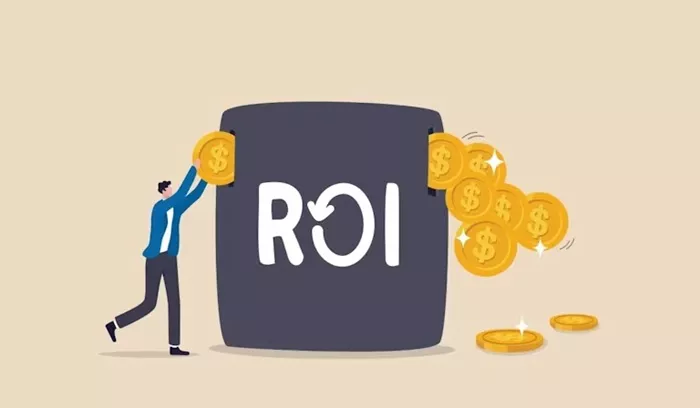When used correctly, ROI remains an invaluable tool for any marketer looking to prove effectiveness and, despite a fall in its use, it cannot be ignored.
The Power of ROI
Return on Investment (ROI) has long been the go-to metric for marketers aiming to demonstrate the effectiveness of their campaigns. It’s a straightforward measure that translates well in the boardroom, even among those skeptical of marketing initiatives. ROI provides a clear, quantifiable picture of how marketing efforts translate into financial returns, making it a compelling tool for justifying budgets and strategies.
A Shift in Focus
Despite its historical prominence, recent trends suggest a shift away from relying solely on ROI. According to the Language of Effectiveness survey, supported by Kantar, the percentage of marketers who consider ROI one of the top three metrics for senior stakeholders has dropped from 41.6% last year to 30.1% in 2024. This decline indicates a growing recognition of the limitations of ROI, particularly its tendency to prioritize short-term gains over long-term brand health and customer engagement.
Beyond Quick Wins
Critics of ROI argue that its focus on immediate returns can lead to strategies that neglect the broader, long-term objectives of brand building and customer loyalty. For instance, a campaign might generate high sales in the short term but fail to foster lasting relationships with customers or build brand equity. This short-termism can be detrimental, especially in markets where brand trust and loyalty are key drivers of sustained success.
Integrating ROI with Broader Metrics
To address these concerns, many marketers are now integrating ROI with a broader set of metrics that provide a more holistic view of marketing effectiveness. These include brand awareness, customer lifetime value (CLV), and engagement metrics, which collectively offer insights into the long-term impact of marketing activities. By balancing ROI with these additional measures, marketers can better align their strategies with overarching business goals.
The Case for ROI
Despite the shift towards a more nuanced approach, ROI still holds significant value. For Francois Bazini, chief marketing and innovation officer at Suntory Beverage and Food Europe, ROI remains indispensable. Bazini argues that no decision should be made outside of ROI, emphasizing its importance in ensuring that marketing investments deliver tangible financial returns. This perspective highlights the continued relevance of ROI, particularly in contexts where immediate financial accountability is crucial.
Conclusion
While ROI may no longer be the sole star of the show, it continues to play a vital role in the marketing metrics mix. The key is to use ROI in conjunction with other measures to provide a comprehensive picture of marketing effectiveness. By doing so, marketers can ensure they are driving both short-term results and long-term value, ultimately turning the corner towards more sustainable and impactful marketing strategies.
Related topics:
- 11 Social Media Marketing Processes
- CMOs Under Pressure: The Unseen Challenges In B2B Marketing
- Tech Tango: Modern Marketing’s Next Chapter

